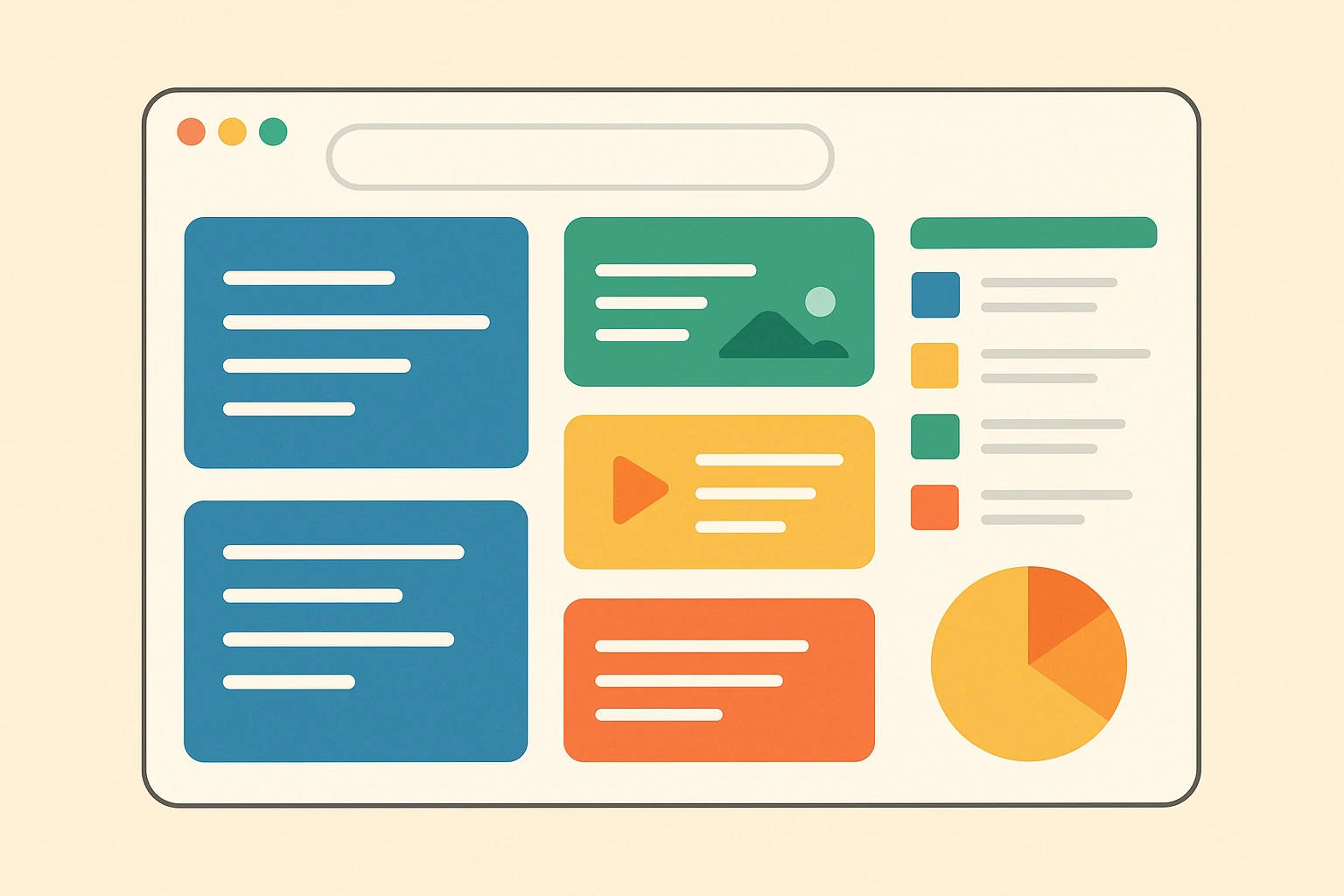Google tests a new experiment that reorganizes search results with AI to help you find what you need more easily
A new kind of Google Search experience
Google has launched Web Guide, a new Search Labs experiment aimed at revolutionizing how we explore search results. The idea is simple yet powerful: use artificial intelligence to group web links into thematic clusters, offering a clearer and more useful view of available information.
It’s not just an improved ranking, but a structured layout, where pages are grouped by specific aspects of your query.
What exactly does Web Guide do?
At its core is a customized version of Gemini, capable of deeply understanding both the user’s query and web content. This allows Google to:
- divide results into meaningful categories (e.g., “budget”, “culture”, “transportation” for a Japan travel query)
- run multiple parallel queries using the query fan-out technique
- suggest resources you might never discover otherwise, improving web content discovery
A concrete example
Try searching “how to solo travel in Japan.” Instead of a long list, Web Guide presents results grouped into blocks like “safety tips”, “recommended routes”, “cultural experiences”, and “practical advice.”
Or try a complex query like: “My family lives in different time zones. What tools can we use to stay connected?” Web Guide breaks it down and reorganizes the results: video call apps, shared calendars, family platforms.
Where to find it
Currently, Web Guide is available to Search Labs users only. You’ll find it in the Web tab of Google Search. You can always switch back to the standard view.
Google plans to roll it out soon in the “All” tab as part of the ongoing experiment.
Sign up for the newsletter. Stay updated!
We will send you periodical important communications and news about the digital world. You can unsubscribe at any time by clicking the appropriate link at the bottom of the newsletter.


Leave a Reply